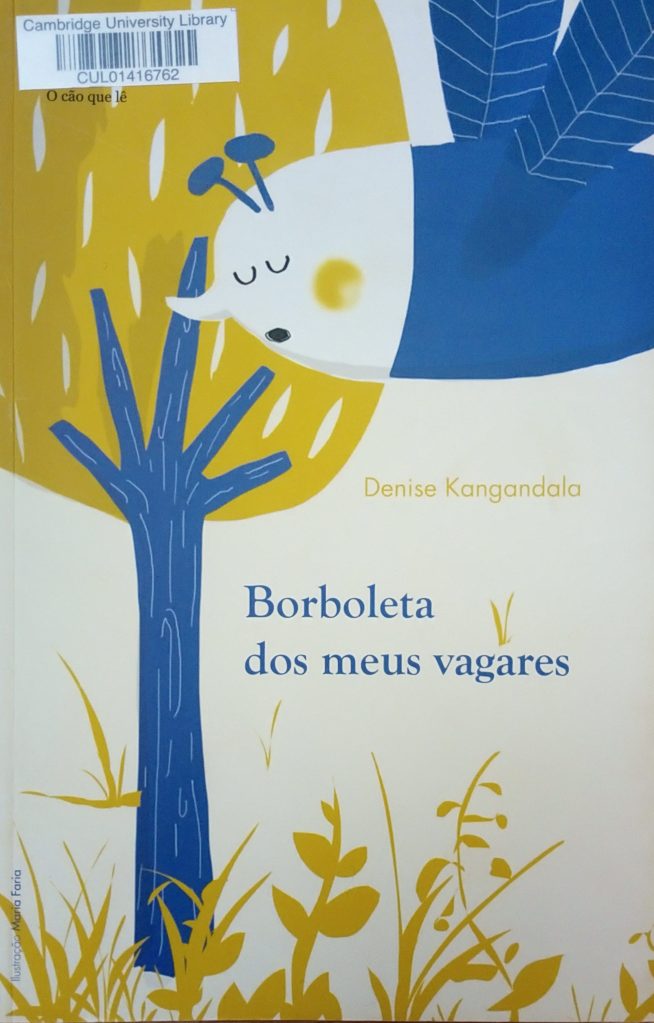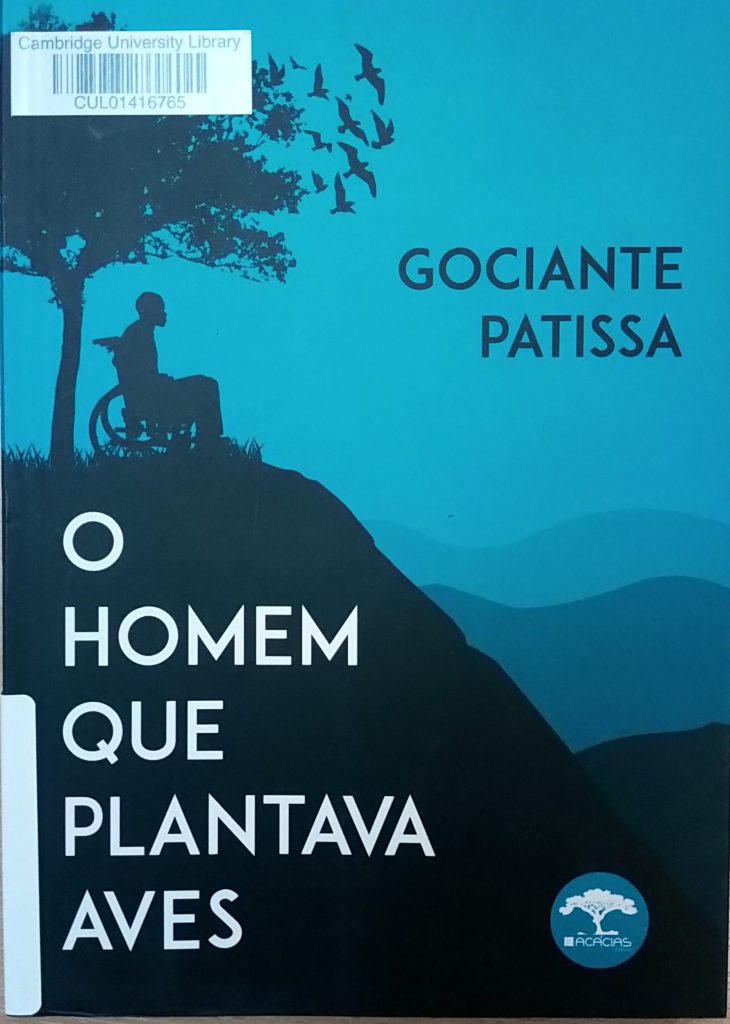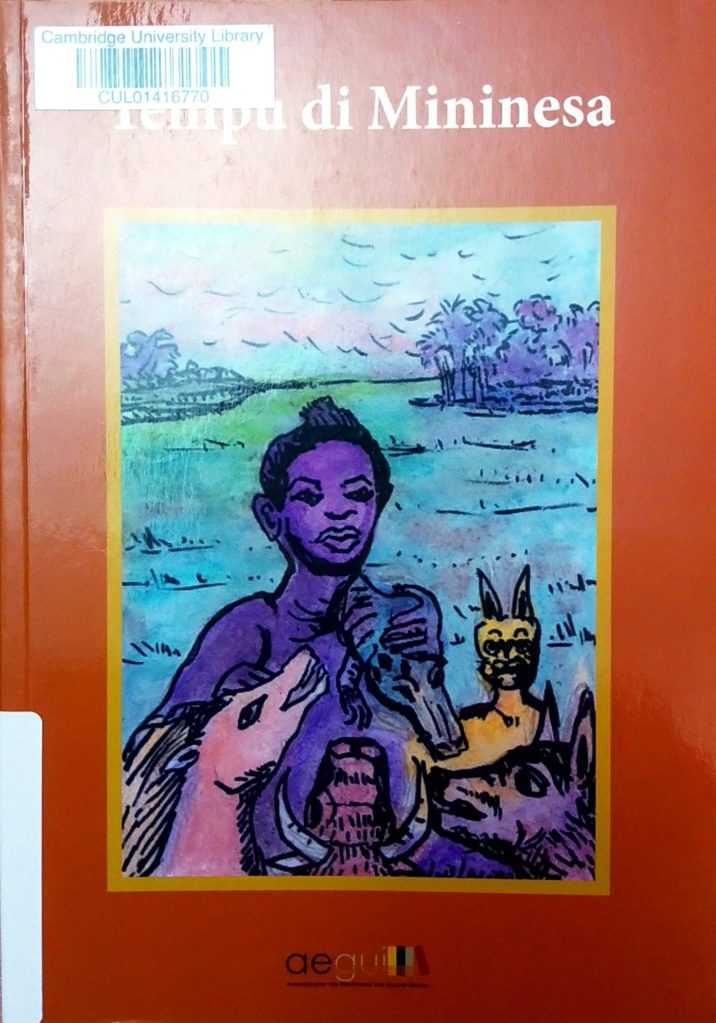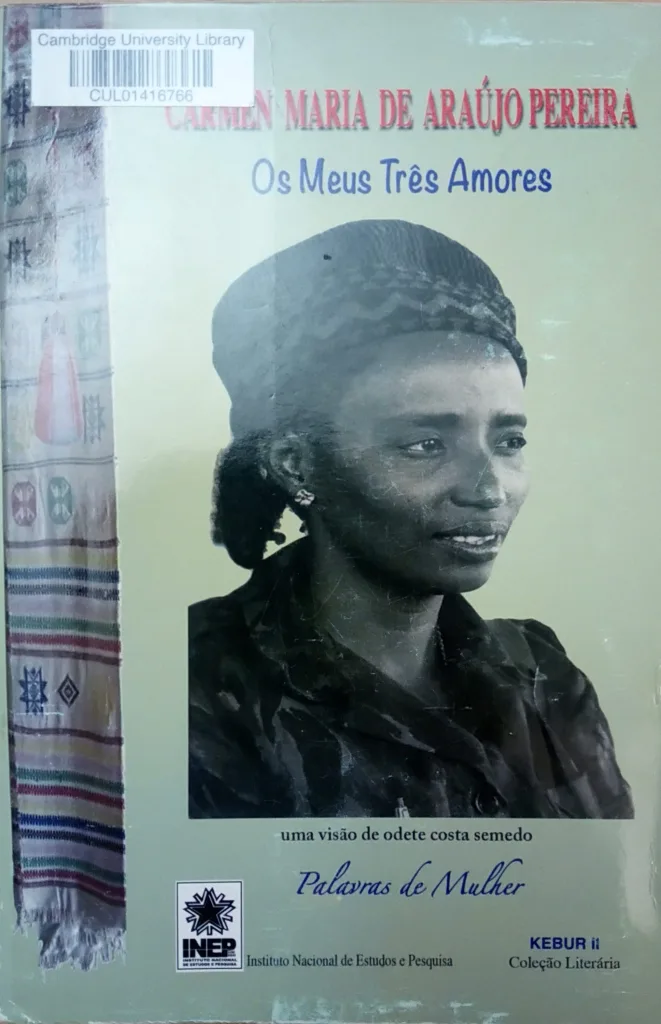The José Saramago Literary Prize (Prêmio Literário José Saramago) is awarded biennially to young authors of unpublished fictional works in Portuguese. The prize is open to Lusophone writers under 40 years of age and it can only be awarded once in a lifetime to each writer (posthumous works are excluded). It was established in 1999 by the Fundaçāo Círculo de Leitores to celebrate the Portuguese Nobel laureate José Saramago, who won the Nobel Prize for Literature in 1998.
The José Saramago Prize is currently in its 12th edition, having been postponed last year as a result of the pandemic. The next winner will be announced in October 2022 instead, coinciding with the 100th anniversary of José Saramago’s birth.
Below are the prize winners with brief snapshots of their country of origin and background, some of their works, and other recognitions they have received. Unfortunately, we have gaps in this list, which we are trying to fill retrospectively.
1999 – Won by Paulo José Miranda for Natureza morta (On order)
Born in Paio Pires, Seixal, Portugal, 1965. He is a writer of fiction, poetry, and drama. See our Library holdings for this author here.
Other awards: Grande Prêmio de Poesia Teixeira de Pascoaes (1998) for A voz que os trai, his first book of poetry; Prêmio da Sociedade Portuguesa de Autores (2015) for his book of poetry Exercícios do humano.
2001 – Won by José Luis Peixoto for Nenhum olhar (C200.c.5593)
Born in Galveias, Ponte de Sor Portugal, 1974. One of the most acclaimed Portuguese contemporary authors, he was written in multiple literary genres (fiction, poetry, drama, travel literature, and children’s literature) and has been translated into more than 30 languages. See our Library holdings for this author here.
Other awards: He has won numerous national and international awards, including the Prêmio da Sociedade Portuguesa de Autores (2013) for his book of poetry A criança em ruínas (Library Storage Facility); and the Oceanos Prize (2016) for his novel Galveias (C210.c.1620).
2003 – Wond by Adriana Lisboa for Sinfonia em branco
Born in Rio de Janeiro, 1970. She writes fiction, poetry, and books for children. Considered as one of Brazil’s most prominent writers, her works have been translated into most major languages. See our Library holdings for this author here.
Other awards: At the 2007 Hay Festival/Bogotá World Book Capital she was named as one of the 39 most distinguished writers under the age of 39. She has also been shortlisted for numerous awards, including the Sāo Paulo Prize for Literature in 2011 and 2014. She is the author of Azul Corvo (C207.c.3027), declared book of the year by The Independent newspaper in 2013 (Crow Blue, C207.c.8162).
2005 – Won by Gonçalo M. Tavares for Jerusalém (C200.d.7647)
Born in Luanda, Angola, 1970. He is considered one the best fiction writers of his generation. His work Jerusalém was included in the European edition of The 1001 Books to Read Before You Die list. His books have been published in more than 30 countries. See our Library holdings for this author here.
Other awards: Prêmio Portugal Telecom (2007) for Jerusalém.
2007 – Won by Valter Hugo Māe for O remorso do Baltazar Serapiāo (C203.c.2330)
Born in Henrique de Carvalho, Colonial Angola, 1971. He is a leading Portuguese author, an editor, and an artist. He has written more than 30 books (fiction, poetry, and children’s literature). See our Library holdings for this author here.
Other awards: Grande Prêmo Portugal Telecom de Literatura for A máquina de fazer espanhóis (C207.c.5153) (in the “Best book of the year” and “Best novel of the year” categories, 2012)
2009 – Won by Joāo Tordo for As três vidas (C207.c.6289)
Born in Lisboa, 1975. Fiction writer (novels, short stories). His works have been translated into several languages and published in over a dozen countries. See our Library holdings for this author here.
Other awards: Portuguese Young Creators Award for Literature (2001); Prêmio Literário Fernando Namora (2021) for the novel Felicidade (C217.c.2495); shortlisted twice for the Prêmio da Sociedade Portuguesa de Autores in the “Best narrative fiction” category (2011, 2015)
2011 – Won by Andrea del Fuego for Os malaquias
Born in Sāo Paulo, 1975. Writer of novels, short stories, and young adult books. Her work features in several anthologies, including Mais 30 mulheres que estāo fazendo a nova literature brasileira (C204.c.2926) and Capitu mandou Flores (C205.c.5602)
2013 – Won by Ondjaki for Os transparentes (C203.d.3833)
Born in Angola, 1977. He is one of the most prominent writers of Portuguese-Africa. He has written novels, short stories, drama, film scripts, poetry, and children’s books. See our Library holdings for this author here.
Other awards: Grande Prêmio de Conto Castelo Branco (2007) for Os da minha rua (Library Storage Facility); 2010 Jabuti Prize for AvóDezanove e O segredo do soviético (C202.d.794).
2015 – Won by Bruno Vieira Amaral for As primeiras coisas (C212.c.8621)
Born in Barreiro, Portugal, 1978. Writer, literary critic, and translator, selected by Literary Europe Live as one of the 10 New Voices from Europe 2016. He is deputy editor of the literary magazine LER (L700.b.128 [p/hole: W.384]). See our Library holdings for this author here.
Other awards: Time Out Lisboa’s Book of the Year Award (2013); Fernando Namora Literary Award (2013), PEN Narrative Prize (2013) for As primeiras coisas; Grande Prêmio de Conto Castelo Branco (2021) for his book of short stories Uma ida ao motel (C218.c.1464)
2017 – Won by Julian Fuks for A resistência (C204.d.9145)
Born in Sāo Paulo, 1981. He is one of Brazil’s most celebrated young writers, author of novels and short stories. He was featured in Granta’s best young Brazilian novelists magazine. See our Library holdings for this author here.
Other awards: He was awarded the Jabuti Award for Book of the Year (2016), the Oceanos Prize (2016), and the Anna Seghers Prize (2018) for A resistência.
2019 – Won by Afonso Reis Cabral for Pāo de açúcar (C217.c.9987)
Born in Lisboa, 1990. Writer of fiction and poetry. In 2005 he published his book of poetry Condensaçāo, a collection of poems mostly written in his childhood. See our Library holdings for this author here.
Other awards: Prêmio LeYa (2014) for O meu irmāo (C211.c.5011)
Sonia Morcillo García















